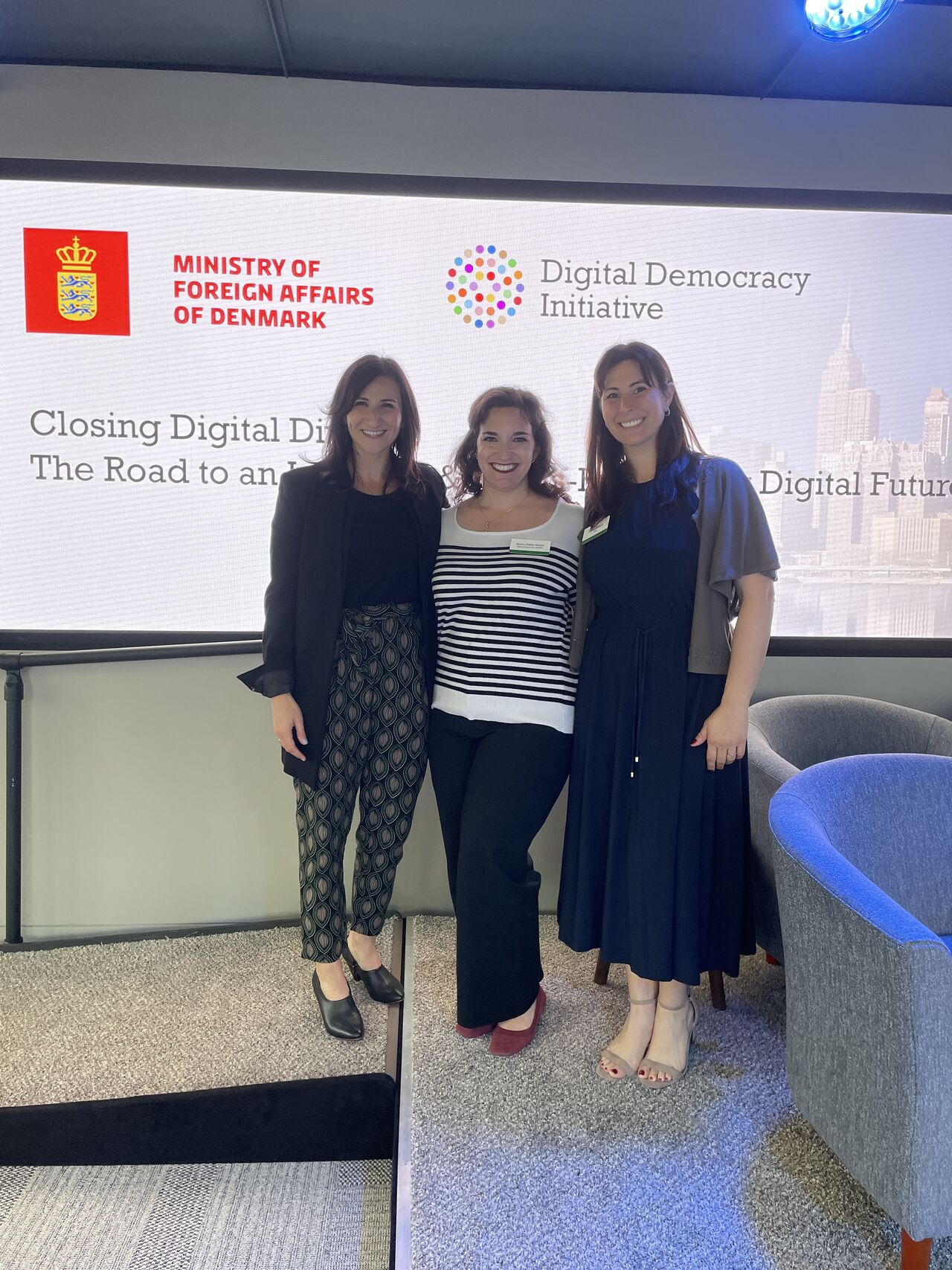Summit of the Future 2024

In September 2024, on the side of the United Nations General Assembly in New York City, the UN held the Summit of the Future, a two-day convening of world leaders to adopt a new UN agreement, the Pact for the Future, an action-oriented document focusing on revitalizing multilateral cooperation on several key topics, including digital cooperation and governance. The Summit included Action Days which were intended to identify ways that the Summit’s multilateral framework could be more inclusive. but they were predictably disappointing on that front. The UN adopted the Pact on September 22 (despite a last-minute kerfuffle caused by Russia), which included the Global Digital Compact (GDC). The GDC, intended to establish “an inclusive global framework to overcome digital, data and innovation divides”, is now a key part of global digital governance. It is a controversial document, with civil society and other non-governmental actors raising concerns that it consolidates digital governance decision-making under one office in the UN Secretary-General’s office, diminishing the impact multistakeholderism could have on the future of digital governance. Critics are also worried about if and how the GDC will fit into the WSIS+20 Review set to take place next year. WSIS promotes a multistakeholder, decentralized framework of internet governance and if the GDC has more teeth, it will weaken WSIS’s role as the central convening mechanism.
Also worrisome is the support that China, Russia, and other authoritarian governments are demonstrating for the Secretary General’s centralized approach as it could strengthen their foreign policy objective for a top-down government-controlled version of internet governance. Proponents of the GDC highlight its focus on a human rights-centered approach to the future of internet governance and the opportunity to have a more coordinated approach to smooth the current complexities of internet governance frameworks. DemTech was able to participate in workshops outlining how to incorporate a feminist and multistakeholder approach into the implementation of the GDC. The discussions around internet governance are often limited to specialized circles and DemTech brought a critical perspective to the workshops, emphasizing the outsized impacts internet shutdowns, online harassment and abuse, information manipulation, and the digital divide have on democracy and the election cycle.
In addition to the official Summit events, DemTech participated in side gatherings focused on human-rights-based governance of AI, digital inclusion, and combatting tech-facilitated gender-based violence (TFGBV). The Summit provided a unique opportunity to gather high-level government officials, civil society, technical experts, and private sector leaders in one room to identify areas of multistakeholder collaboration. All Tech is Human hosted a full-day session on the future of AI governance focusing on bridging the disconnect between the global governance community and the technicians building large language models and navigating internal protocols within tech companies. DemTech shared its slide deck on internet governance with researchers and members of the tech community to help close that gap and highlighted the need for Global Majority voices to be included in the critical discussions on how AI should be governed.
DemTech also collaborated with NDI leaders and pirth.org to officially launch the Rapid Online Support and Assistance Mechanism (ROSA), an innovative rapid response tool for women in politics and public life facing TFGBV, at a side event hosted by the Secretary of State’s Office of Global Women’s Issues (S/GWI). U.S. Ambassador-at-Large for Global Women’s Issues Geeta Rao Gupta made the announcement, citing NDI’s long-standing leadership on solution- and survivor-centered work around identifying, tracking, and combatting TFGBV.
